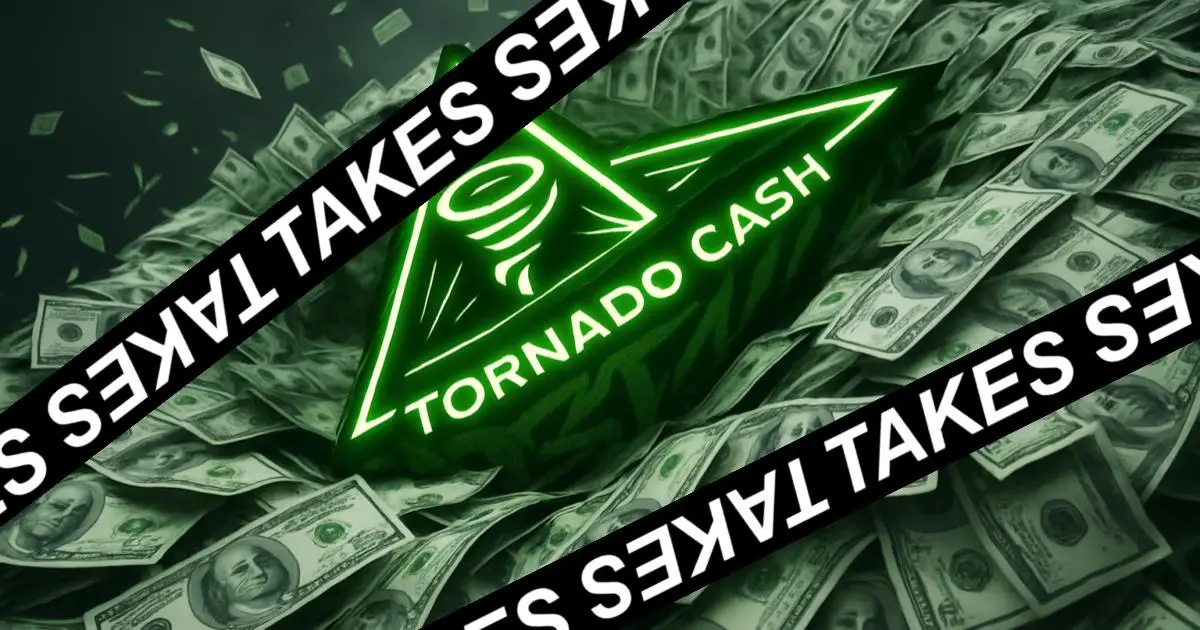US Secret Service unmasks $400M crypto scam network
The post US Secret Service unmasks $400M crypto scam network appeared on BitcoinEthereumNews.com. Over the past decade, the US Secret Service’s Global Investigative Operations Center (GIOC) has quietly recovered nearly $400 million in digital assets from cybercriminals, emerging as a formidable force in global crypto enforcement. What begins as a casual online chat can end in financial devastation. In one case, a victim was lured by a friendly stranger and guided to a legitimate cryptocurrency investment platform with charts, a sleek interface, and responsive customer support. Initial deposits showed modest gains. Encouraged, the victim sent more money, even borrowing to keep up. Then, the platform went dark, and the account balance vanished. “That’s how they do it,” said Jamie Lam, an investigative analyst with the US Secret Service, speaking last month to law enforcement officials in Bermuda. “They’ll send you a photo of a really good-looking guy or girl. But it’s probably some old guy in Russia.” The case was just one of many dissected during a week-long workshop led by the Secret Service’s Global Investigative Operations Center (GIOC) — a little-known unit specializing in tracing digital financial crimes across borders. Using open-source tools, GIOC investigators traced the scam back to a domain, a crypto wallet, and, thanks to a brief VPN glitch, an exposed IP address. The GIOC has quietly become one of the most powerful players in crypto enforcement. Over the past decade, the team has seized nearly $400 million in digital assets, according to people familiar with internal agency briefings. Much of it is held in a cold-storage wallet, ranking among the largest known government-controlled digital asset holdings. Kali Smith leads global push to expose crypto crime and train nations on digital threats Kali Smith, the Secret Service’s head of cryptocurrency strategy, is central to this effort. Under her leadership, the agency has trained law enforcement and prosecutors in over…

The post US Secret Service unmasks $400M crypto scam network appeared on BitcoinEthereumNews.com.
Over the past decade, the US Secret Service’s Global Investigative Operations Center (GIOC) has quietly recovered nearly $400 million in digital assets from cybercriminals, emerging as a formidable force in global crypto enforcement. What begins as a casual online chat can end in financial devastation. In one case, a victim was lured by a friendly stranger and guided to a legitimate cryptocurrency investment platform with charts, a sleek interface, and responsive customer support. Initial deposits showed modest gains. Encouraged, the victim sent more money, even borrowing to keep up. Then, the platform went dark, and the account balance vanished. “That’s how they do it,” said Jamie Lam, an investigative analyst with the US Secret Service, speaking last month to law enforcement officials in Bermuda. “They’ll send you a photo of a really good-looking guy or girl. But it’s probably some old guy in Russia.” The case was just one of many dissected during a week-long workshop led by the Secret Service’s Global Investigative Operations Center (GIOC) — a little-known unit specializing in tracing digital financial crimes across borders. Using open-source tools, GIOC investigators traced the scam back to a domain, a crypto wallet, and, thanks to a brief VPN glitch, an exposed IP address. The GIOC has quietly become one of the most powerful players in crypto enforcement. Over the past decade, the team has seized nearly $400 million in digital assets, according to people familiar with internal agency briefings. Much of it is held in a cold-storage wallet, ranking among the largest known government-controlled digital asset holdings. Kali Smith leads global push to expose crypto crime and train nations on digital threats Kali Smith, the Secret Service’s head of cryptocurrency strategy, is central to this effort. Under her leadership, the agency has trained law enforcement and prosecutors in over…
What's Your Reaction?










































